“Sports have the power to change lives.”
That statement from adidas Group executive board member Eric Liedtke, is from a release the shoe and apparel brand put out on Thursday in announcing a nationwide initiative to assist high schools that want to change their mascots. From adidas.com:
“Sports have the power to change lives,” said Eric Liedtke, adidas Group executive board member in attendance at the White House Tribal Nations Conference. “Sports give young people limitless potential. Young athletes have hope, they have desire and they have a will to win. Importantly, sports must be inclusive. Today we are harnessing the influence of sports in our culture to lead change for our communities. adidas is proud to provide a pathway for high schools and communities who want to create new identities.”
This is a big step for adidas, and a direct shot at professional team owners who continue to perpetuate the belief that offensive team names and mascots are merely tradition among racist rabid fans.
While adidas can’t make teams like the Washington Redskins or Cleveland Indians change their mascots and logos—it’s certainly worth noting adidas does not have the contracts for the National Football League or Major League Baseball—this grassroots effort, announced at the White House Tribal Nationals Conference, can still put immense pressure on those teams to respond to the changing public sentiment around the country.
Sports can change lives. We’re honored to visit the @WhiteHouse Tribal Nations Conference today to support high school mascot name changes.
— adidas (@adidas) November 5, 2015
This is an extremely polarizing topic, and there’s a case to be made in suggesting adidas is pulling something of an end around on major American sports teams by going to the local community level. And yet, that’s where the change can be most effective; with regular Americans. It’s worth remembering that in early 2014 the Washington football brass raised the point that Public Policy Polling found 71 percent of Americans do not think the team’s name should be changed, while 18 percent said they should and 11 percent somehow aren’t sure.
The key number the Skins wanted people to see was 71 percent. That’s a huge number of Americans who don’t think that team should change its name. And yet, the number that matters most is not 71, but 57, as in 57 million people that make up the 18 percent of the U.S. population the poll suggests think the name should be changed. That’s 57 million people who—per a poll the team sent out to defend its decision to never change the name—find the name offensive, intolerant or racist.
That’s why adidas is doing what it is at the high school level. Well, part of the reason.
.@adidas will provide financial assistance to schools that want to change their identity to ensure the transition is not cost prohibitive.
— MICHAEL EHRLICH (@MichaelEhrlich) November 5, 2015
It is savvy public relations for the brand to get behind a cause like this. Any backlash that comes from local townsfolk in areas where adidas helps a school change its mascot will be met with intense local and national media coverage, putting adidas on the front lines (and on the progressive side) of a huge political debate.
Moreover, adidas is offering assistance to schools seeking a name change. One has to assume that change will come with truckloads of adidas apparel too, increasing the network of adidas schools at a time when Nike and Under Armour are gobbling up the market share of America’s youth.
The brand mentioned in its release that of more than 27,000 high schools in America, 2,000 have names that cause concern in tribal communities. As of now, adidas has not mentioned any specific partnerships with schools, but has created an email address for schools wanting their assistance. Does the assistance come in size large, and shoe size 11.5? I ask because my old high school surely falls in that group of 2,000 offensive mascots, so maybe I could broker a deal to get some those new Messi shoes. You know what, I’ll send in an email and wait to hear back.

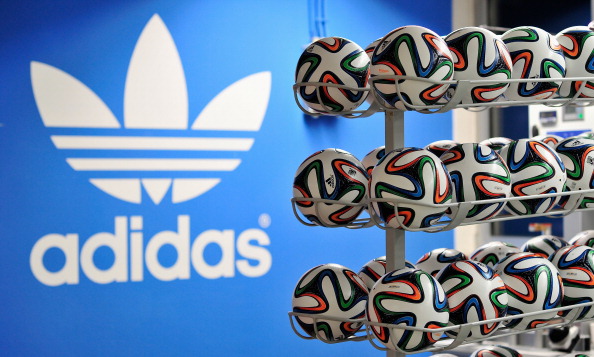
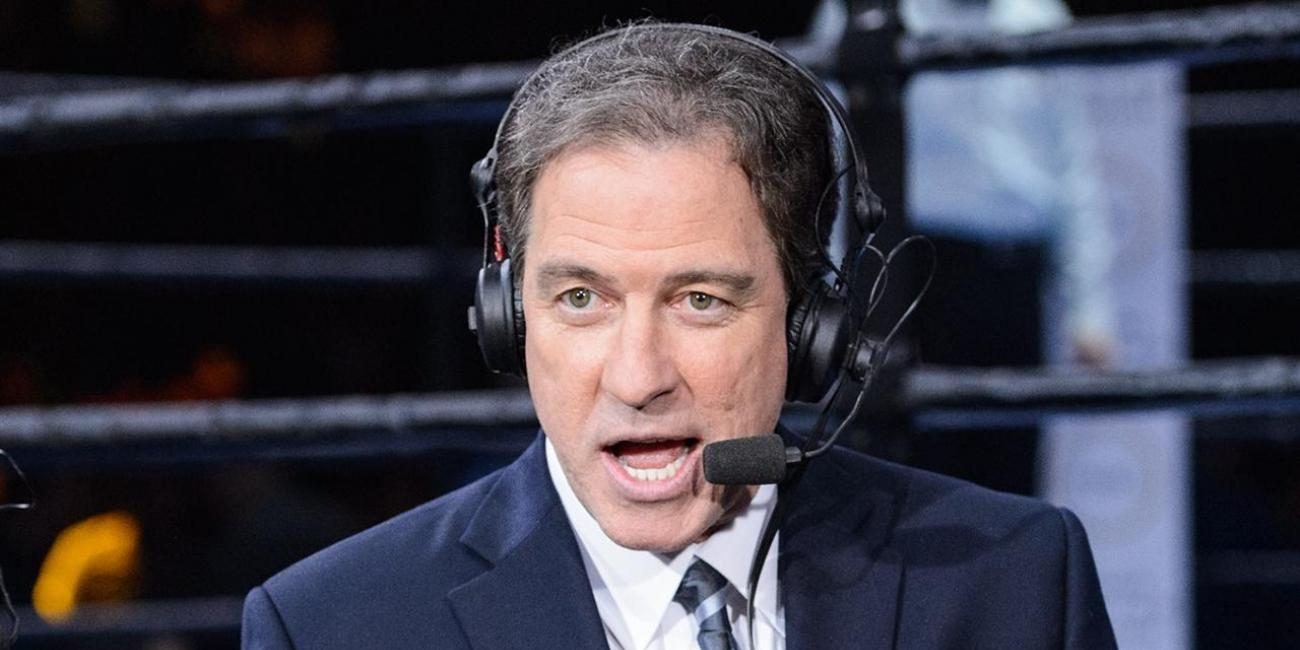
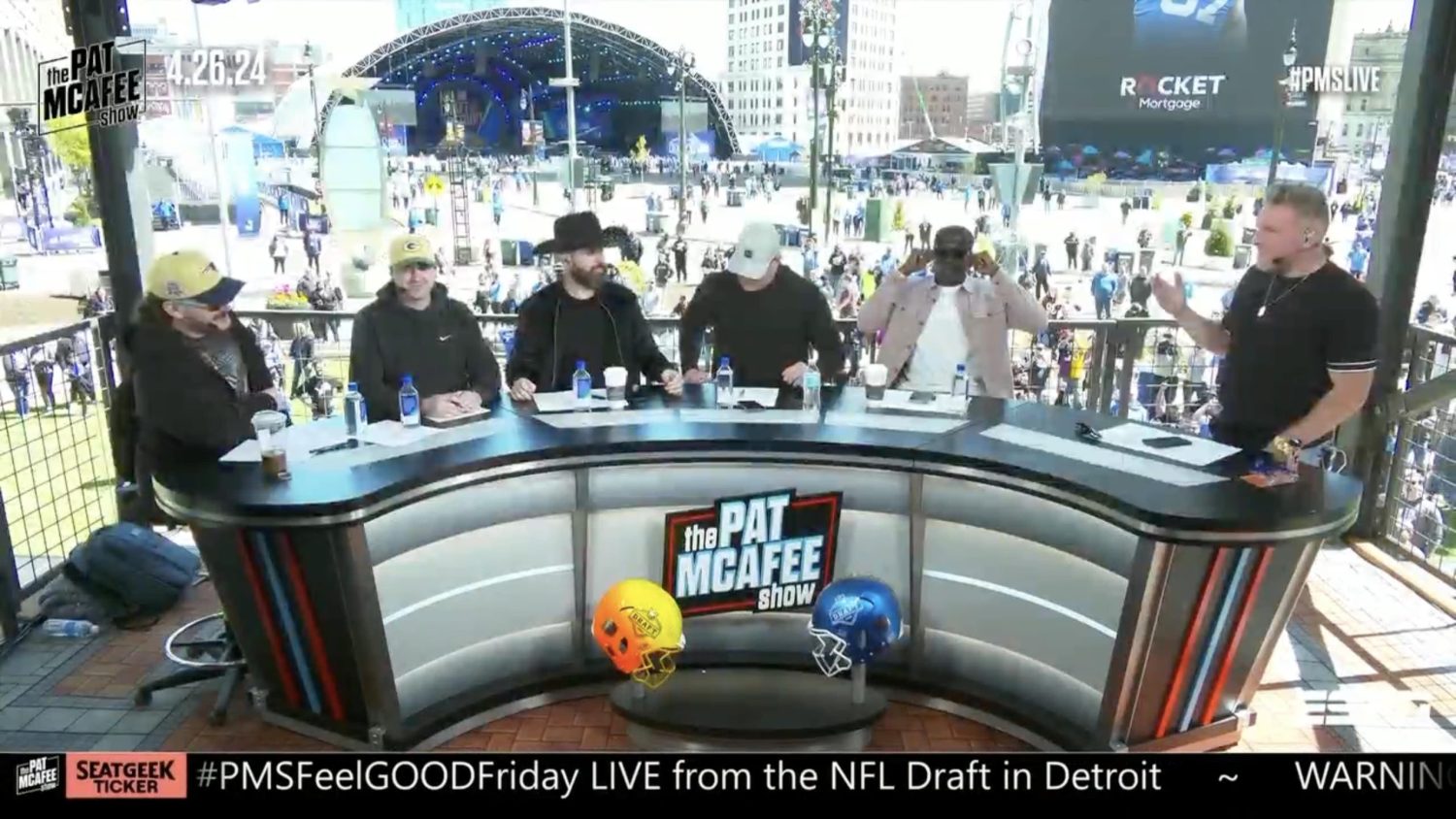
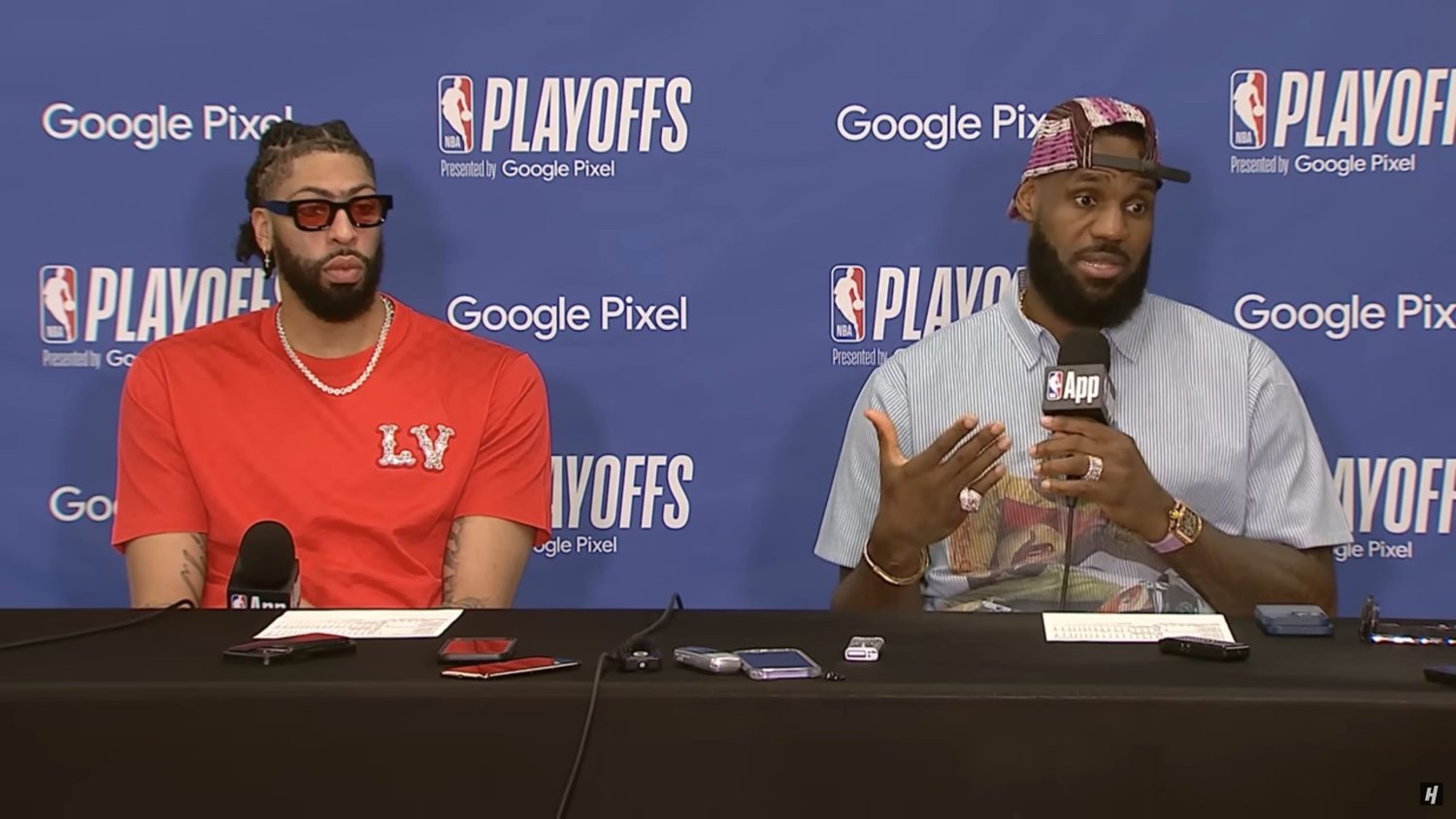
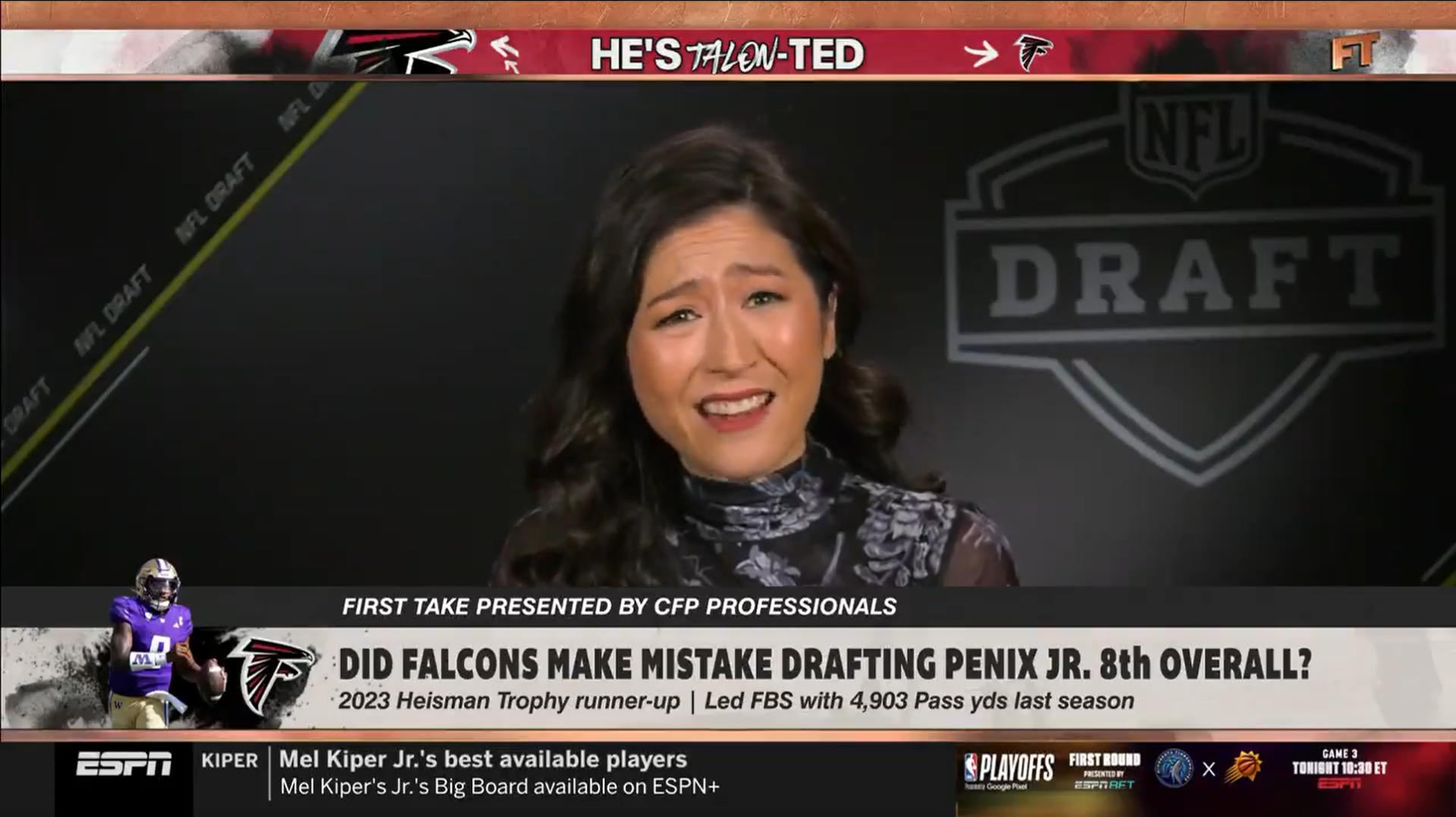
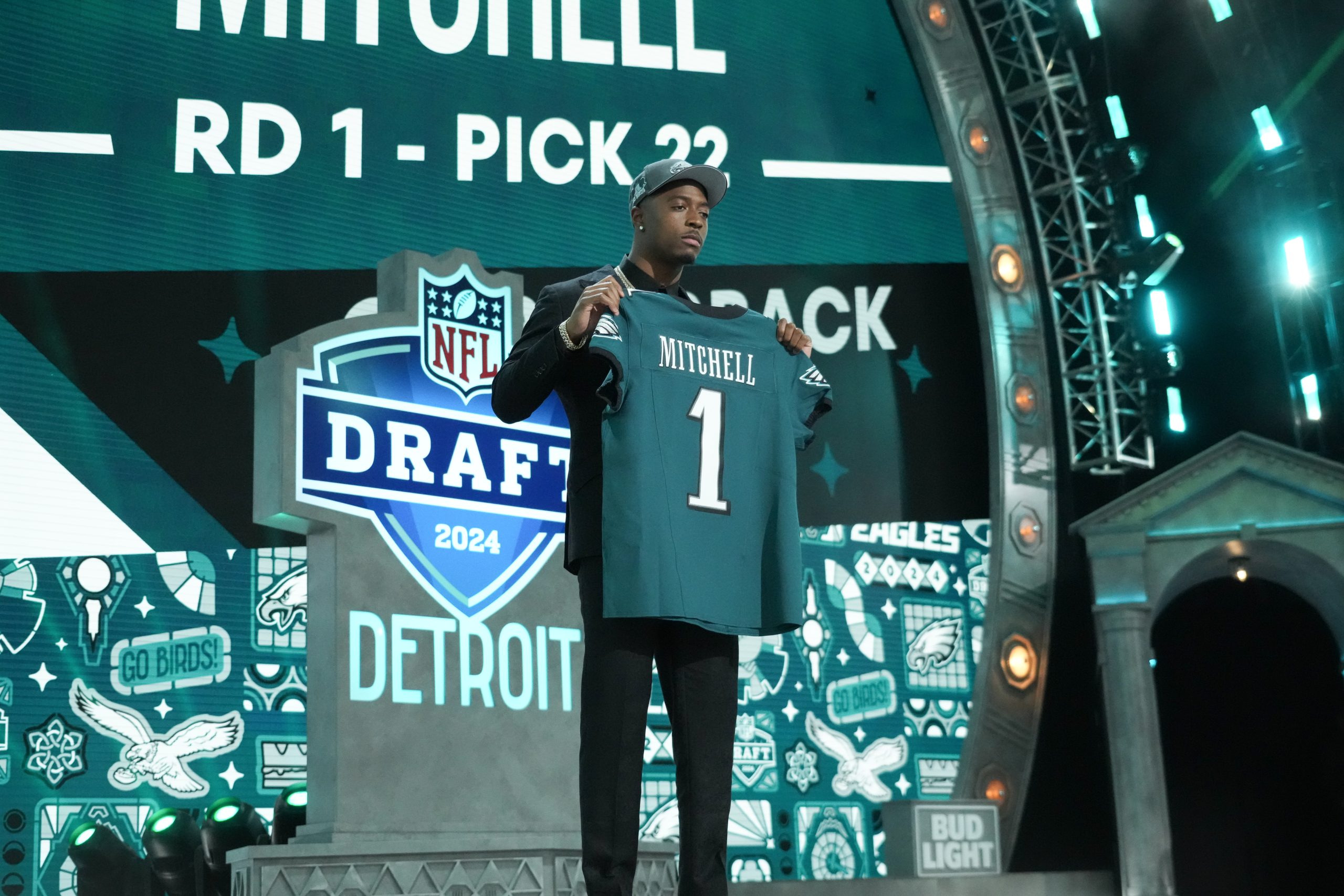

Comments are closed.